
David Fincher is one of the most interesting filmmakers today. He redefined the genre of neo-noir in terms of content, and he creates perfect atmospheres with his challenging unique cinematography.
A director gives his own darkness to his characters and annoys the audience, and in Fincher’s films, we often see characters that are obsessively dedicated to solving secrets. He has a way of directing every scene to the finest detail. Therefore, this style fits his obsessive characters very well
In “Zodiac” (2007) he deteriorates the structure of the detective film genre that reaffirms the confidence in state and security forces. He questions the notion of family in “Gone Girl” (2014) and pushes the audience to think with quietly shocking scenes. In “Fight Club” (1999) he brings the consumption culture to the forefront.
Actually, it’s hard to locate Fincher’s place in contemporary cinema. When we consider that his favorite two directors are Steven Spielberg and Stanley Kubrick, his ambivalent but surprisingly unique cinema becomes much more special. He is one of the rare directors who could create their own identity and cinematic language in the mainstream world.
Here is a list of several films that are not directed by Fincher, but which strongly reminds us of his phenomenal works.
1. Memories of the Murder (2003)
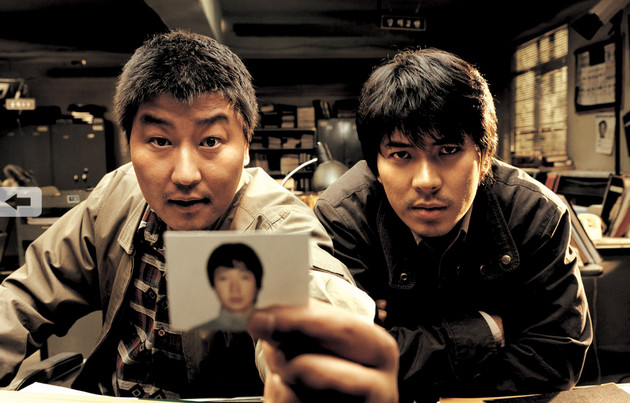
Joon-ho Bong (“Snowpiercer,” “Okja,” “The Host”) is a great Korean director. And his magnum opus (so far) “Memories of Murder” is one of the most extraordinary detective films of the 21st century. It’s a rather unusual film that doesn’t fit into most Hollywood clichés. With its realistically portrayed characters, the story that spans many years, and the tension that keeps the audience alive, the film has great similarities with Fincher’s style.
The film tells about the serial murders in Korea in 1986. It has a rainy and quite dark atmosphere and indistinct structure in which naive and intelligent characters change roles constantly. Misunderstandings of characters lead the audience to uncomfortable moments, with despair and mystery spread all over it all.
Rain, just as in “Seven,” is used as a tension element. Like in “Zodiac,” it reflects the fatigue of the endless chase and the change of the characters throughout the years. It avoids giving easy answers. As in Fincher’s films, calm tension constantly disturbs the audience. The uneasiness of the characters seeps into the audience’s minds.
Whilst it criticizes a decayed, degraded society and a completely decadent justice system, it also blends tension, humor and dramatic elements effectively. With its stunning and soulful finale, it leaves the audience with endless doubt and self-questioning.
2. The Vanishing (1988)
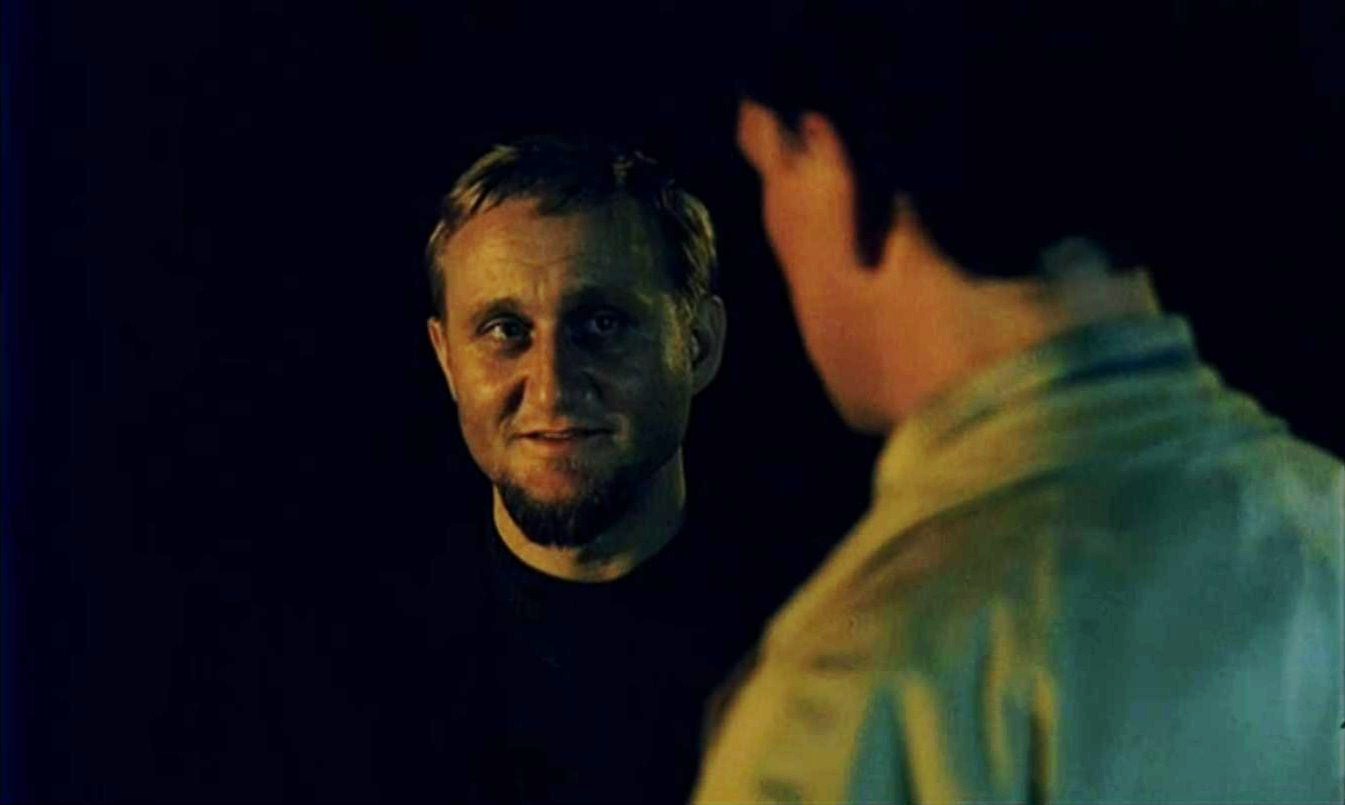
“The Vanishing,” adapted from the “Golden Eggs” novel by Tim Krabbe, is a quite different example of the thriller genre with its calm and inert atmosphere.
A Dutch couple, Rex Hofman (Gene Bervoets) and Saskia Wagter (Johanna ter Steege) set out for their holiday in France. During the journey, Saskia falls asleep and wakes up under the influence of a rather strange dream. When the car runs out of fuel, they stop at the nearest gas station to relax. Saskia goes to the station supermarket to get something to drink, but doesn’t come back even though it’s been enough time.
The film then cuts to Raymond, the person who abducted her. He is in fact a well-respected middle-class chemistry teacher, a good family man. But we gradually find out about his sick brain, and then we follow Rex’s endless and exhausting chase to find his girlfriend.
It’s one of the rare films that could keep the tension alive until the last moment like Fincher’s “Seven” and “Gone Girl.” The film reflects the psychological imbalances of characters while benefiting from the mystery of the “what happened?” question. The splendid acting of Bernard-Pierre Donnadieu, who plays a calm, niggling, and determined psychopath, is quite suitable to feel Fincher’s atmosphere.
It manages to make a difference between the classics of thrillers with its unique simplicity. A dark and immersive classic, it traps the audience in with the obsessions of the characters. ‘The Vanishing’ was described by Stanley Kubrick as the scariest film he had ever seen.
Without any violence, it still has a enormous impact. And with the horrific answer in the final, “The Vanishing” will haunt you for life.
3. Prisoners (2013)
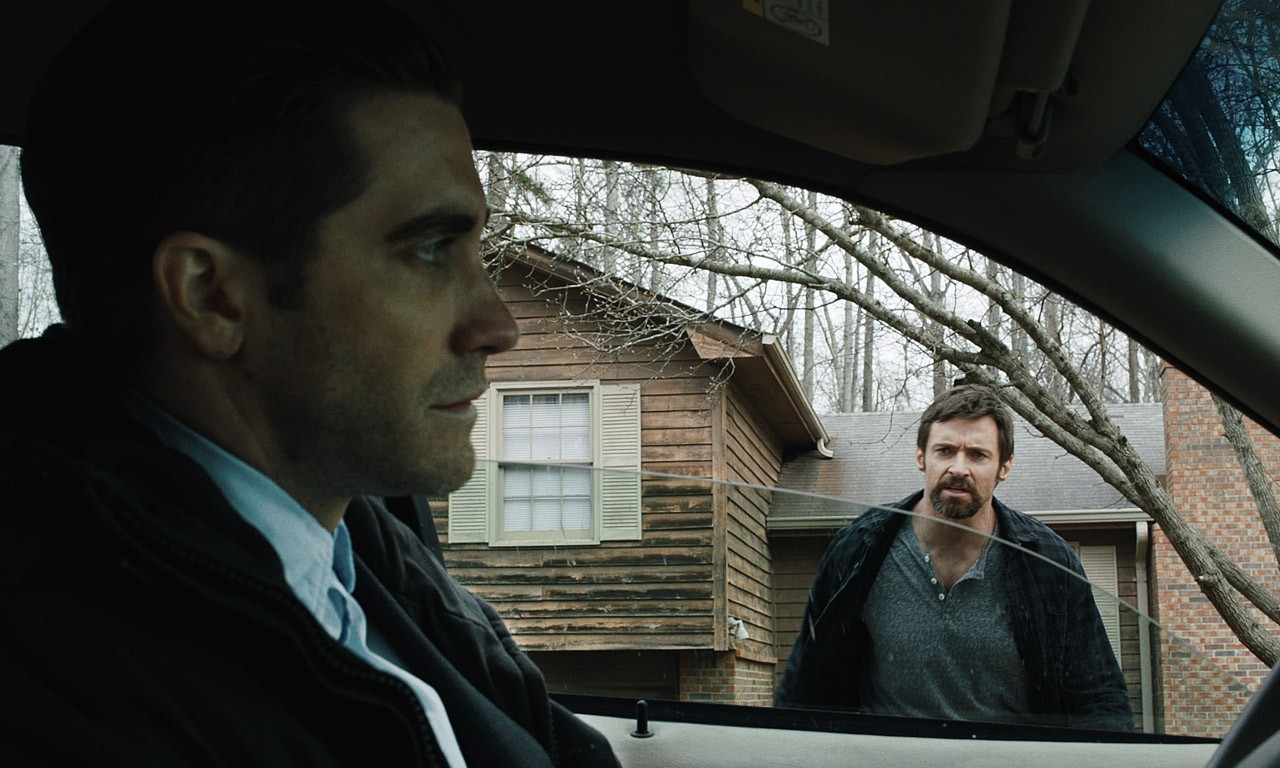
Another wonderful film with calm tension and masterful characterization by Denis Villeneuve (“Blade Runner 2049,” “Arrival,” “Enemy”). It’s a shocking masterpiece that maintains the tension throughout the film, despite its long run time, just like “The Game.”
The story opens with the disappearance of young girls, who come from two families who are having dinner to celebrate Thanksgiving. Detective Loki (Jake Gyllenhaal) investigates the incident and cannot get any results.
On the other hand, one of the fathers, Keller Dover (Hugh Jackman) is in a great panic and decides that the efforts coming from the police is insufficient, and seeks justice with his own hands. He finds himself in a case of a very confusing trial that blurs the innocent and criminal.
The film, which also includes a question of how far a father can go for his child, salutes the obsessive and determined characters of Fincher, who are looking for their way in the darkness of the cruel world. Despite its long duration, it doesn’t distract the audience for a moment.
In particular, Jackman’s stunning acting is unforgettable. Gyllenhaal harmonizes with him perfectly. It is also technically very successful owing to Roger Deakins’ superb cinematography.
4. No Country for Old Men (2007)
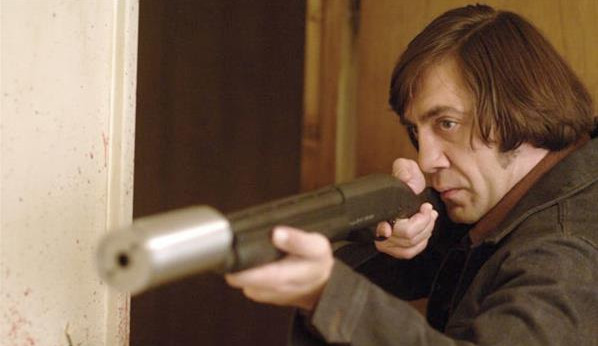
Joel and Ethan Coen have made plenty of flawless movies, and 2007’s Best Picture “No Country for Old Men” is absolutely one of them. A marvelous suspense film that feeds from silence. With its perfect editing, multilayered structure, and its underlying tension, it resembles Fincher’s silent masterpieces, especially “Seven” and “Zodiac.”
Based on Cormac McCarthy’s novel of the same name, the film follows Llewelyn Moss (Josh Brolin) who takes a bag he found on the scene and gets into serious trouble with a hired killer. With this bag, he somehow gets involved in a problem involving drug incidents.
The killer, Anton Chigurh (Javier Bardem), is committed to his plan because he doesn’t intend to quit his job. In the Coen brothers’ timeless and intense world, a lot of innocent people and criminals get involved in this mess.
Roger Deakins is at work again on this masterpiece as well. With breathtaking performances from Bardem and Tommy Lee Jones, “No Country for Old Men” is a undoubtedly great match for this list with its intense, quiet, and unique atmosphere.
5. Blue Ruin (2013)
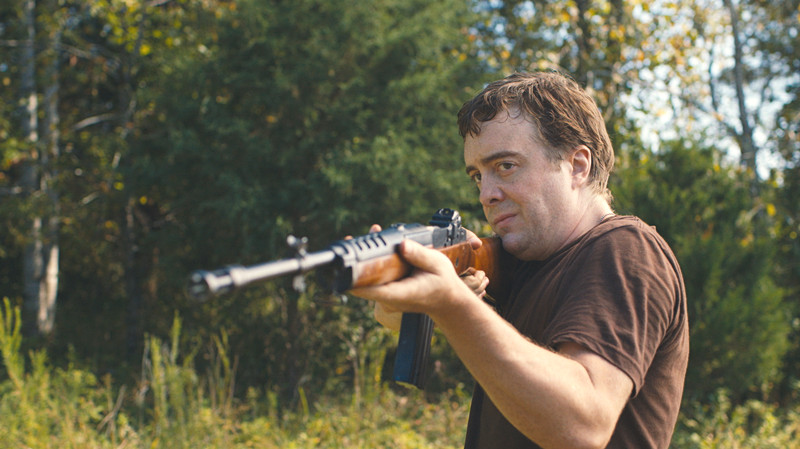
“Blue Ruin,” a brilliant American indie directed by Jeremy Saulnier, is a simple and calm suspense film that disturbs the audience. It has a quiet, dark, and uncanny aura.
The film tells the story of a quest for vengeance that turns into a feud, and it does not hesitate to show violence and blood. Dwight finds out that murderer of his family is released, and he decides to seek justice by himself. Dwight’s character is very realistic, which makes the film very natural and intimate. His fear and excitement are evident in every scene.
It can be hard and thought-provoking, like most of Fincher’s films. It makes the audience think about the violent world in which we live, the extent of individual armament, and the dark psyche of human beings.